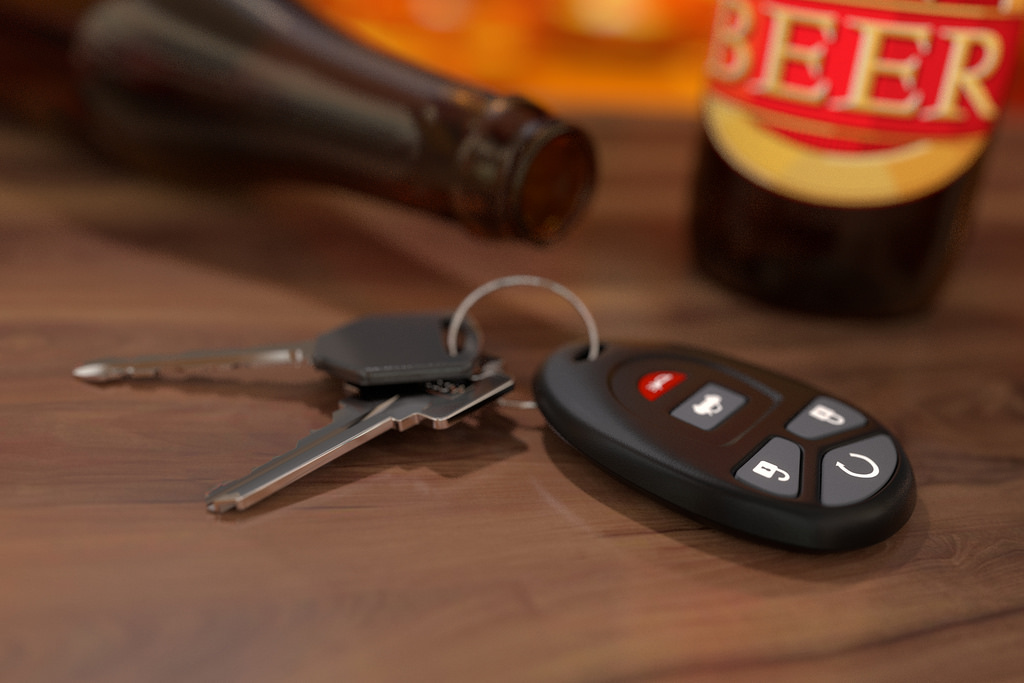
Fairfax & Loudoun Possession of Synthetic Marijuana
In recent years, it has been difficult for law enforcement to charge individuals with drug offenses related to synthetic marijuana, also known as “K2” or “Spice”. While many specific chemicals that have been used in K2 and Spice to simulate the effects of marijuana have been banned, there are constantly new and emerging chemical compounds that are not specifically listed as banned substances under Virginia’s synthetic marijuana ban. This has complicated matters for law enforcement, as some substances found on a suspect would be banned while others not. We are ready to help you defend yourself against charges involving the confusing circumstances surrounding synthetic marijuana and the laboratory tests necessary to prove whether a substance is prohibited or not.
K2 – Spice – Synthetic Marijuana
Synthetic marijuana was once legally sold in stores throughout Virginia. The effects of these drugs have been found to be extreme and in some cases, resulted in brain damage or death. Virginia originally made synthetic marijuana illegal in 2011, but the Commonwealth has repeatedly been unable to design a law that effectively designates what is and is not a banned substance. Ambiguities in laws such as this should be held against the enforcing state, not against the citizen who is unable to know whether or not a substance qualifies as synthetic marijuana according to a constantly changing law. For instance, in the first year of Virginia’s ban on synthetic marijuana, the state’s lab tested 468 samples of alleged synthetic marijuana. Less than a quarter of those tested substances actually contained chemicals that were banned by the law.
Even as Virginia authorities try to stay ahead of the curve, Virginia citizens are continuing to get caught in the middle. With every new law that the state passes, the drug makers have been slightly altering the chemical makeup of their products to keep them available in stores and online. Under Virginia’s law, however, you’re apparently supposed to know that what you can readily purchase over the counter of a convenience store is illegal and can result in drug possession conviction.
Synthetic Marijuana Charges can include:
- Possession of a controlled substance
- Possession with intent to distribute
- Drug manufacturing
Because of the documented dangers of synthetic marijuana (which include cases of brain damage and death), possession of synthetic marijuana is treated more harshly in Virginia that normal possession of marijuana. While a first offense of possessing traditional marijuana is charged as an unclassified misdemeanor, possession of synthetic marijuana is charged as a class 1 misdemeanor. This is a significant difference. A class 1 misdemeanor is punishable by imprisonment for up to 12 months and/or a fine of up to $2,500. Sale, gift, distribution, or possession with intent to distribute synthetic marijuana is charged as a class 6 felony punishable by imprisonment for 1 to 10 years and a fine of up to $2,500.
An Experienced Synthetic Marijuana Lawyer Can Defend You
In synthetic marijuana cases, the laboratory test is everything. There are currently no field tests that officers can use to test suspected synthetic marijuana on the scene. Consequently, it is difficult for the police (and the synthetic marijuana possessor) to know whether a particular substance contains an illegal compound. Instead, only laboratory testing can conclusively determine whether a particular form of synthetic marijuana is illegal. This reliance on a laboratory test, however, has opened the door for possible legal defenses, which makes it critical for you to consult a synthetic marijuana attorney about your case..
Because the synthetic marijuana compounds available in convenience stores are constantly changing ingredients, there a very possible chance that the synthetic marijuana tested in a particular case will not contain any of the chemicals specifically banned by Virginia synthetic marijuana law. To account for this, Virginia’s law contains a “catch-all provision,” in which any chemical found to exist in the tested product that is manufactured for the purpose of simulating the effects of marijuana – even if not specifically listed in the law itself – is illegal and constitutes an illegal drug. In order to prove that a chemical falls into the purview of this provision, the prosecutors must bring a chemist from the state laboratory to testify as to the nature of the identified chemical. Often it may not be possible to bring in a chemist without considerable notice, which opens up the door for a dismissal.
Facing a synthetic marijuana charge in Virginia? Consult Ervin Kibria today!





